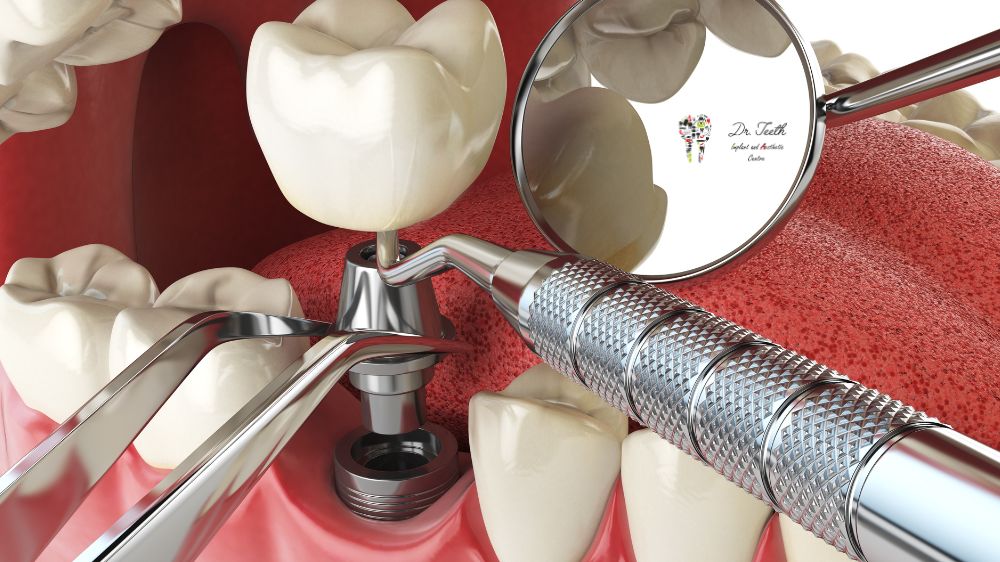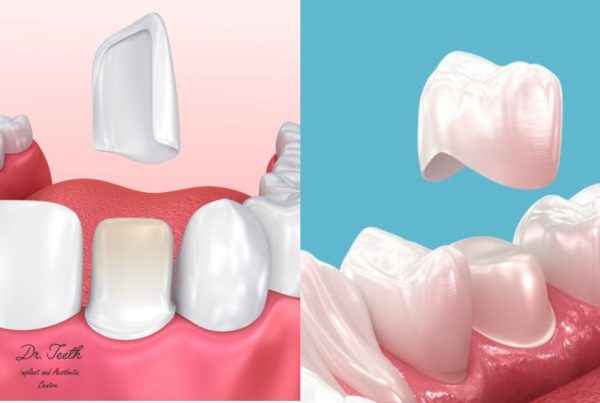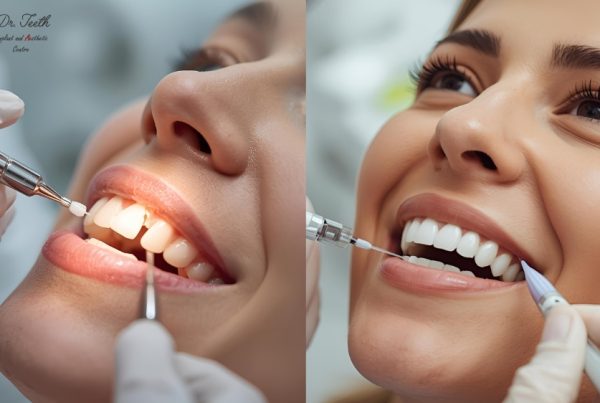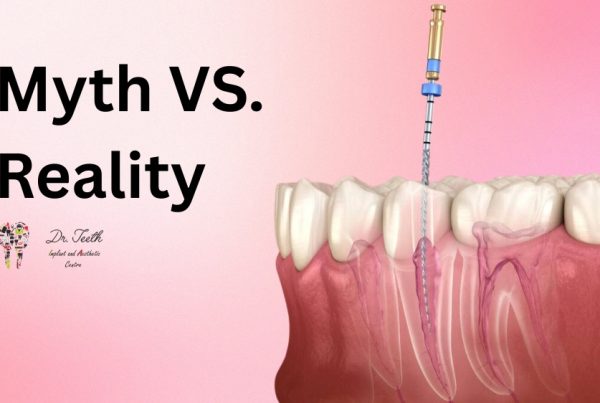Dental surgery might sound intimidating, but in reality, many procedures are routine, safe, and essential for maintaining oral health. These treatments can range from simple tooth extractions to more complex operations like dental implants or corrective jaw surgery. Understanding the different types of dental surgery helps you feel prepared, reduces anxiety, and allows you to make informed decisions about your oral care.
At Dr. Teeth, we believe that patient education is as important as the treatment itself. Here’s a comprehensive look at the most common types of dental surgery you may encounter — what they involve, why they’re needed, and what benefits they offer.
1. Tooth Extraction
Tooth extraction is one of the most common dental surgeries. It involves removing a tooth that is damaged beyond repair, severely decayed, or causing crowding in the mouth. Wisdom teeth removal is a typical example of extraction surgery, often done to prevent misalignment or infection.
The procedure can be simple or surgical, depending on whether the tooth is visible or impacted. Recovery usually takes a few days, during which patients are advised to follow a soft-food diet and avoid strenuous activity.
Key Benefits:
- Prevents spread of infection from decayed teeth
- Relieves pain and discomfort
- Creates space for orthodontic treatments
2. Dental Implants Surgery
Dental implant surgery replaces missing teeth with artificial ones that look, feel, and function like natural teeth. A titanium post is surgically placed into the jawbone, acting as an artificial root, and topped with a custom-made crown. Over time, the implant fuses with the jawbone through a process called osseointegration, making it extremely stable.
Implants are considered the gold standard for tooth replacement because they restore chewing ability, prevent bone loss, and maintain facial structure. The process takes multiple stages but provides long-term benefits that other options, like dentures, can’t match.
Key Benefits:
- Permanent, natural-looking tooth replacement
- Maintains jawbone health
- Improves speech and chewing efficiency
3. Root Canal Treatment (Endodontic Surgery)
When the inner pulp of a tooth becomes infected or inflamed, root canal surgery may be required. This procedure involves removing the infected tissue, cleaning the inside of the tooth, and sealing it to prevent further damage.
Root canals save teeth that would otherwise require extraction. While many people fear the procedure, modern techniques and anesthesia make it relatively painless. Recovery is quick, and the treated tooth can last for many years with proper care.
Key Benefits:
- Saves the natural tooth
- Eliminates infection and pain
- Prevents spread of bacteria to surrounding teeth
4. Gum Surgery (Periodontal Surgery)
Gum surgery treats advanced gum disease and reshapes the gums for better oral health and appearance. There are different types of gum surgeries, including flap surgery to remove tartar deposits, grafting to cover exposed roots, and crown lengthening to prepare teeth for restorations.
Healthy gums are essential for strong teeth and a confident smile. Gum surgery not only restores gum health but also improves the overall aesthetics of your mouth.
Key Benefits:
- Stops progression of gum disease
- Improves gum line appearance
- Strengthens support for teeth
5. Orthognathic Surgery (Corrective Jaw Surgery)
Orthognathic surgery corrects irregularities of the jawbones and realigns the jaws and teeth to improve function and appearance. This type of surgery may be recommended for patients with severe bite problems, facial injuries, or congenital defects.
It’s often performed in collaboration with orthodontic treatment, ensuring the jaw and teeth work together harmoniously. The results can significantly improve speech, chewing, and facial balance.
Key Benefits:
- Corrects severe bite issues
- Enhances facial symmetry and aesthetics
- Improves chewing, speaking, and breathing
6. Wisdom Teeth Removal
Wisdom teeth, also known as third molars, often emerge in late teens or early twenties. In many cases, they become impacted or cause crowding, leading to pain and potential infection. Surgical removal of wisdom teeth prevents these issues and is often done as a preventive measure.
The procedure is straightforward and typically performed under local or general anesthesia. Recovery involves a few days of rest and a temporary soft diet.
Key Benefits:
- Prevents overcrowding and misalignment
- Reduces risk of gum infection
- Relieves jaw pain and discomfort
7. Bone Grafting Surgery
Bone grafting is performed to rebuild jawbone tissue that has deteriorated due to tooth loss, gum disease, or trauma. This procedure is often a prerequisite for dental implants, as a strong bone foundation is necessary for implant stability.
The bone used can be taken from the patient, a donor, or a synthetic source. Over time, the graft fuses with the existing bone, strengthening the jaw and preparing it for further restorative treatments.
Key Benefits:
- Restores jawbone strength and density
- Enables dental implant placement
- Improves overall oral function
Choosing the Right Dental Surgery
Not all dental surgeries are the same, and the right one for you depends on your specific oral health needs. At Dr. Teeth Dental Clinic, our experienced dental surgeons perform thorough examinations, use advanced imaging technology, and discuss all treatment options before recommending a procedure. We also guide you through pre-surgery preparation and post-surgery care to ensure the best possible results.
Final Thoughts
Understanding the different types of dental surgeries can help you feel more confident and informed before stepping into the dentist’s office. From simple extractions to advanced jaw realignment, each procedure has its own role in restoring and maintaining oral health.
At Dr. Teeth Dental Clinic, we prioritize patient comfort, safety, and education, ensuring that every surgery is performed with precision and care. If you think you may need dental surgery or want to explore your options, schedule a consultation with us today and take the first step toward a healthier smile.












